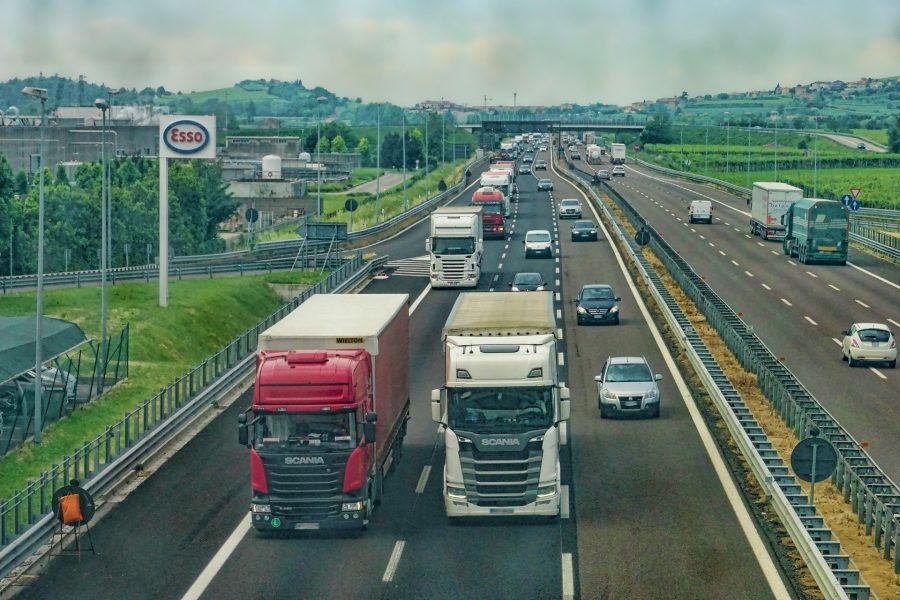
Explained: Why is the UK short of food

COVID-19 and shortage of workers caused due to Brexit have emerged as the driving factors behind the ongoing food crisis in the United Kingdom (UK).
The Confederation of British Industry (CBI) has estimated that the shortage of food may last for up to two years, while another study suggests the shortage could be permanent.
The common man on the street is feeling the pinch as supermarkets and small shops go empty. The worker crisis has affected food retail, agriculture, foodservice and logistics sectors equally.
A YouGov study stated that about 56% British nationals have experienced food shortages in the last few days; about 40% shoppers said they did not experience any shortfall.
Causes of food shortage
Inadequate number of workers and truck drivers has hampered the supply-chain system. It has been found that a large number of workers exited the UK because of the pandemic and Brexit.
Ian Wright of the Food and Drink Federation (FDF) said that companies are compelled to prioritise their supplies considering the demand for the most urgent and necessary commodities. The UK government admitted there is a problem at hand, but said it is not permanent and will be handled in due time.
“In the UK, many overseas workers left during the pandemic affecting sectors including hospitality, logistics and food processing. And new immigration rules make replacing those who left more complex,” said Tony Danker, director-general of the Confederation of British Industry. He said the shortages have affected businesses and would eventually affect the UK’s economic recovery.
Danker suggested the government should think of placing drivers, welders, butchers and bricklayers on the Shortage Occupation List. “The UK does not need unrestrained access to overseas labour, but an immigration system that would focus on the skills needed. He lamented the fact that the government system is not responding to the market demand.” Said Danker.
Brexit also is contributing to the problem. A section of experts blame Brexit (withdrawal of the UK from European Union) and its ideology are threatening the country’s food security, high cost of food production and reduced access to food. They say Brexit has caused mass exodus of temporary workers in the UK, who found it easy to leave the country haphazardly.
On its part, the food produce industry was compelled to call for COVID Recovery Visa to meet the shortages across segments.
“Hospitality is getting much of the media attention, but work backwards down that chain: logistics are compromised because of a shortage of lorry drivers, food processors and manufacturers cannot get enough people in factories, farms do not have the people to pick and catch,” an opinion piece published in a UK daily stated.
Also read: More children contract COVID; experts say too soon for panic button
The country is struggling on another front: availability of drivers for heavy goods vehicles (HGV). Henry Bloxham of Moors Covert Farm told the BBC, “Our costs are rising all the time and I’m just envisioning this winter is going to be very expensive. Unless we get increased price…going forward into the winter, there will not be milk on the shelves.”
The Road Haulage Association said that the UK is short of about 1 lakh drivers at present. The BBC quoted government sources to say that HGV driver testing process is in for a complete overhaul and once operation, will solve the problem permanently.
How bad is the crisis?
“Using existing levers at the UK’s control – like placing drivers, welders, butchers and bricklayers on the Shortage Occupation List – could make a real difference. The Government promised an immigration system that would focus on the skills we need rather than unrestrained access to overseas labour. Yet here we have obvious and short-term skilled need but a system that can’t seem to respond,” Tony Danker said.
Also read: How can you help fight climate change? Don’t waste food, try upcyling
The British Meat Processors’ Association (BMPA) said the country will face crisis of pigs and gammon roasts. “Given the current workforce shortages, meat companies are finding it difficult to see how they’ll dig themselves out of this,” BMPA statement read.
The association also said that the non-availability of sufficient workforce, which is nearly 15 per cent right now, has reached such dire proportions that a few retailers are paying sign-on bonuses to poach drivers from their suppliers.


